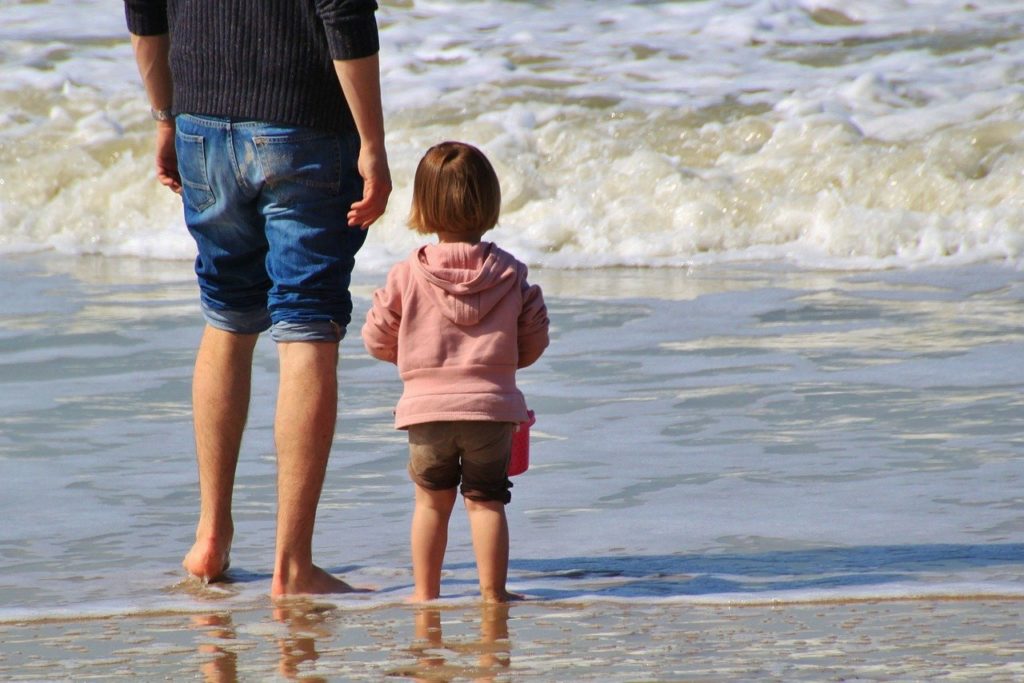A study led by Lee Gettler, PhD, an assistant research professor at Notre Dame, has found a link between decreased testosterone levels and fatherhood. Researchers followed 500 Filipino men for almost five years, and they tested their testosterone levels at the beginning and end of the study.
The findings showed that the men who initially had the testosterone levels were the most likely to become fathers over the course of the five years. However, the findings also showed that the fathers were also the most likely to experience a decline in testosterone at the conclusion of the study. In other words, men with high testosterone were the most likely to find a partner and have a child, but their testosterone levels then took a decline after parenthood.
The results, which are published in the journal PLoS One, also showed that involved fathers had lower testosterone levels than men who were not as involved in the day-to-day childrearing and nurturing aspect of parenting.
What can account for this decrease in testosterone among fathers, especially hands-on fathers?
The answer is probably largely biological. Women experience hormonal shifts during pregnancy and after childbirth in order to ensure that they remain close and bonded with their baby (for example, oxytocin, the “bonding” chemical is released in the brain during breastfeeding in order to help establish the crucial bond between mom and baby). It’s in the best interest of our species for parents to be deeply connected with their children, especially their helpless infants, because this ensures that they will take good care of the child until he grows into a self-sufficient adult.
All of this could help explain why dads undergo hormonal changes as well. High testosterone levels can help ensure a man is strong, competitive and able to secure a mate, but these same qualities could be a detriment once a man becomes a father.
He might be more aggressive and more likely to stray, as his sex drive will be higher (and his partner, a new mother, might not be able to fulfill his sexual needs.) It’s easy to see how this could be a problem for early humankind—if Dad strayed and ran off to find a new mate or to seek his own interests, his partner would be left alone with a tiny baby and no food or protection.
So, by ensuring that new dads experience a dip in testosterone, Mother Nature could help to decrease their likelihood to leave—and in doing so, increase the likelihood that the baby would have everything he or she needed to survive and thrive and carry on the human species.
Of course, today’s couples are much more fortunate when it comes to modern day healthcare and conveniences, and the survival of the species is well-secured. However, that doesn’t mean that kids don’t still need their dads, so it’s perhaps a good thing that these ancient biological cues are still in place.
Lower testosterone levels might help a dad to ease into his life and to accept his new relationship stage, a stage that is much more low-key and much less likely to include wild sex…for now. But don’t fear, dads-to-be, the passionate days of erotic sex will return—when you and your partner have the energy for it!
Looking for prescriptions help safeguard your sexual health? Visit eDrugstore.com.

